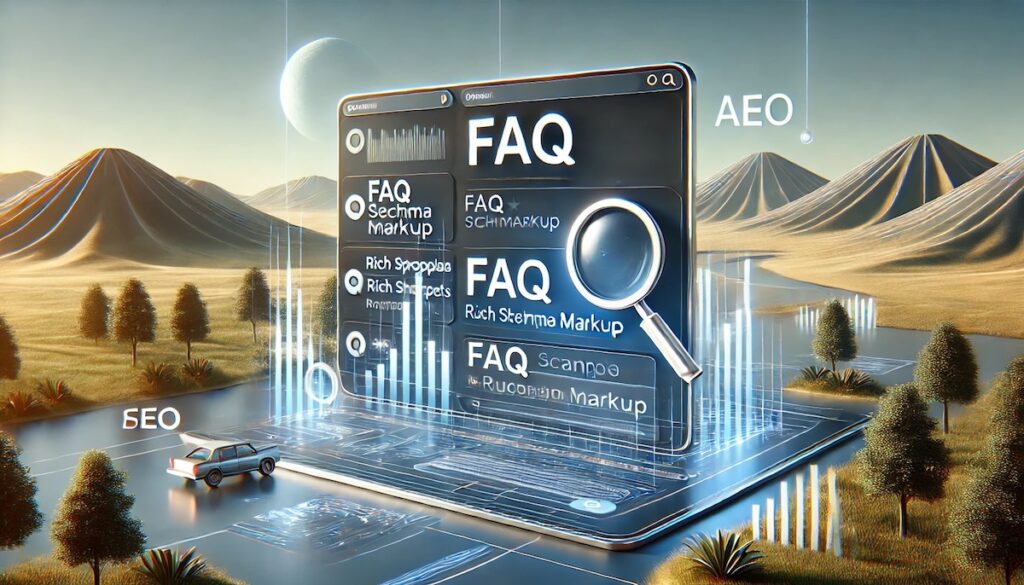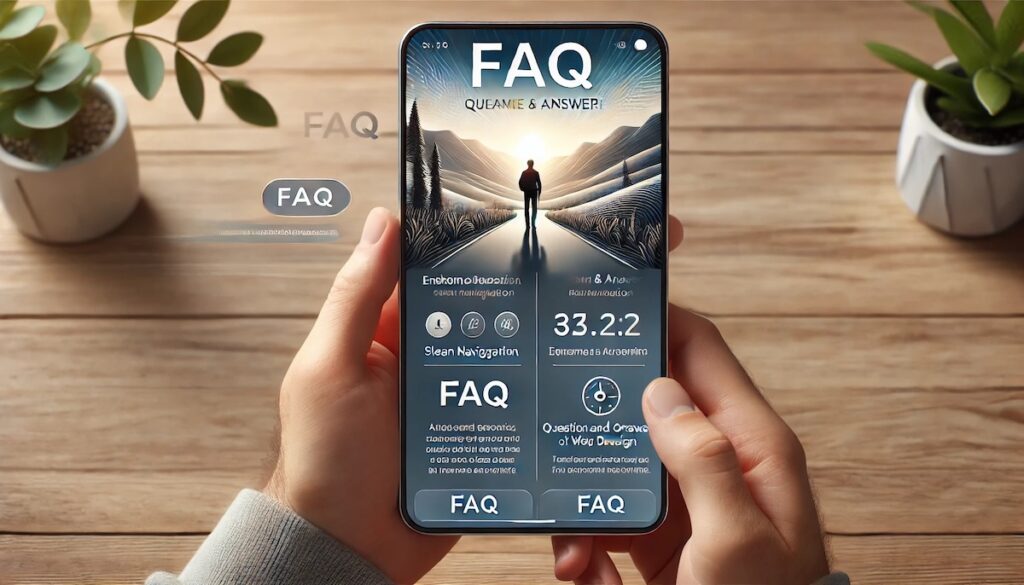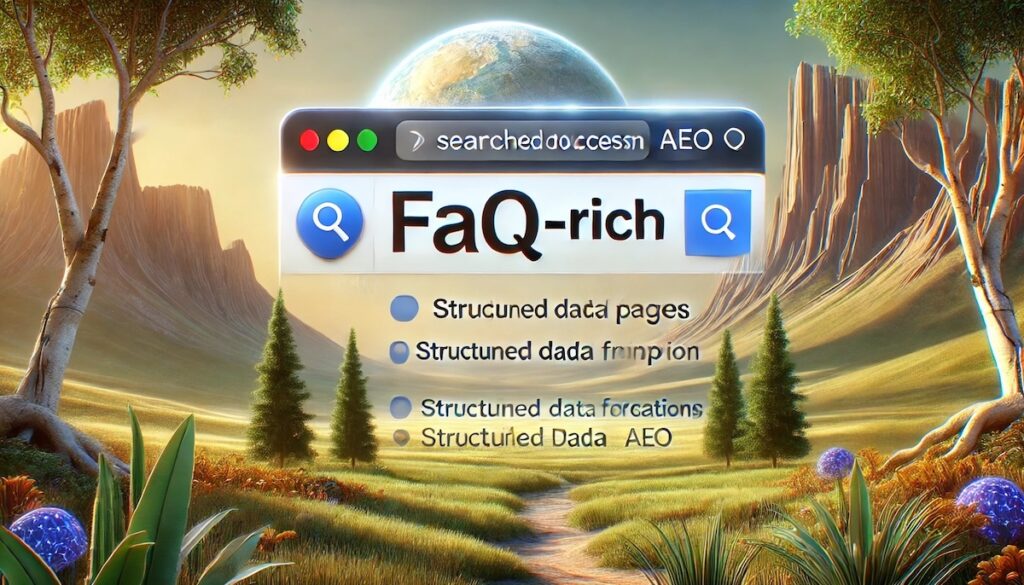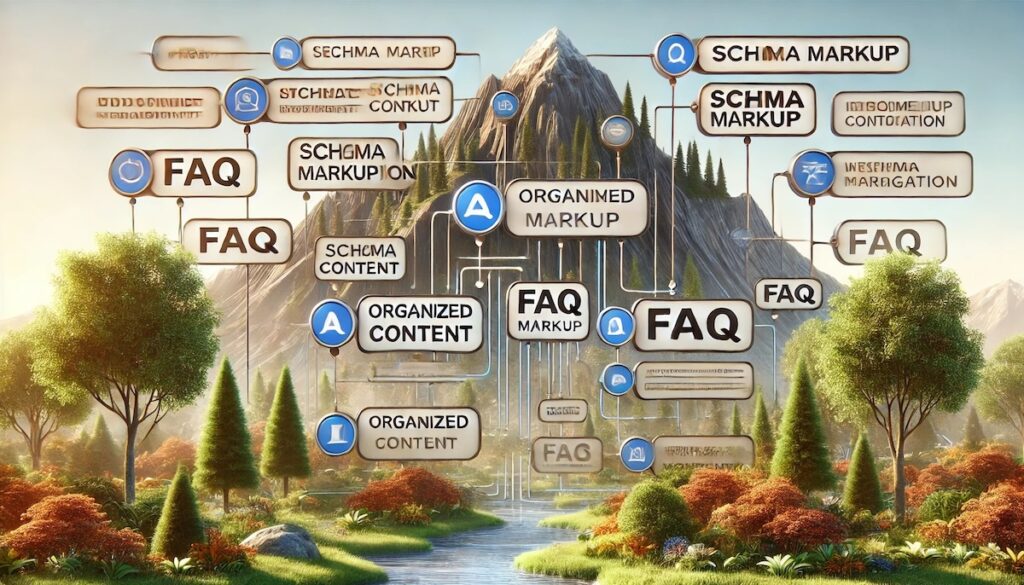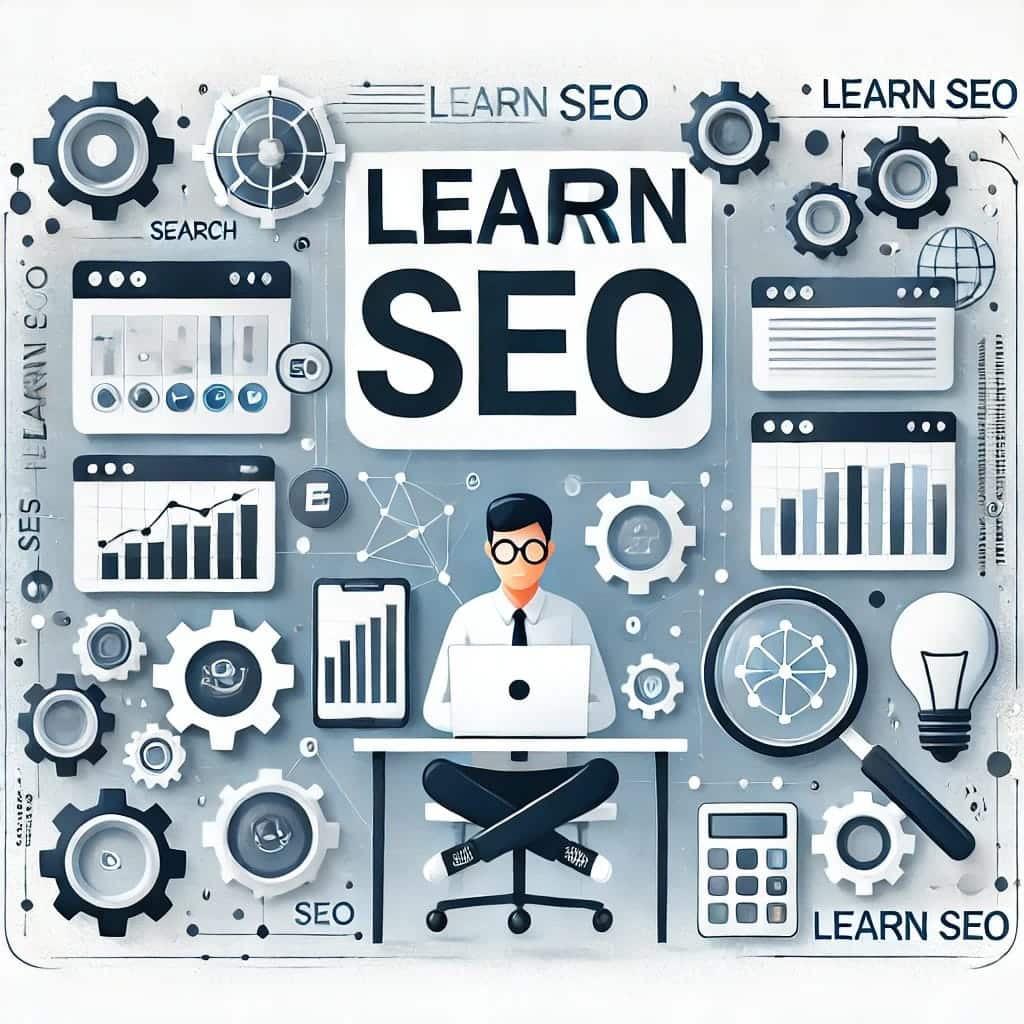In the fast-evolving digital world, Answer Engine Optimization (AEO) has become a cornerstone of effective search strategies. One often-overlooked yet highly effective way to optimize for AEO is through well-crafted FAQ pages. These pages don’t just address user queries—they supercharge your AEO efforts. Here’s a closer look at why FAQ pages are essential for modern web strategies.
What Is an FAQ Page?
An FAQ (Frequently Asked Questions) page is a section of your website dedicated to answering common questions visitors may have. These pages serve as a one-stop shop for clarifying queries, providing helpful information, and guiding users further into your site. By offering concise and informative answers, FAQ pages enhance the overall user experience and build trust. If you’re unfamiliar with their structure, explore this detailed FAQ guide.
Why FAQ Pages Are Vital for AEO Success
FAQ pages are uniquely positioned to address both user intent and search engine needs, which makes them indispensable for Answer Engine Optimization. Here’s why:
- Rich Snippet Goldmine: By implementing structured data, FAQ pages are more likely to appear as rich snippets in search results. This prime positioning not only increases click-through rates but also ensures that your content is visible to a wider audience. Rich snippets stand out visually in search results, helping your site attract attention even in highly competitive niches. Over time, this increased visibility can translate into consistent traffic growth and enhanced brand authority.
- Optimized for Voice Search: Voice search queries typically mimic natural language, often in the form of questions. FAQ pages mirror these conversational queries, making them ideal for capturing voice search traffic. For example, phrases such as “How does AEO work?” align perfectly with voice assistants like Alexa and Google Assistant. This ensures that your content is accessible to a growing audience that relies on hands-free search technology in their daily lives.
- User Intent Matching: FAQs directly address the questions users are searching for, leading to increased engagement and reduced bounce rates. This not only satisfies users but also signals to search engines that your content is highly relevant. By prioritizing user intent, FAQ pages ensure that visitors find exactly what they need, improving their overall experience and likelihood of returning to your site for more information.
- Authority Building: A well-designed FAQ page establishes your site as a reliable source of information. By consistently providing accurate and detailed answers, you build credibility with both users and search engines. Over time, this trust translates into higher rankings, increased organic traffic, and a strong reputation as an industry leader.
FAQs and SEO: The Perfect Match
An FAQ page bridges the gap between search engines and users, enhancing your broader SEO strategy. FAQs improve site navigation, boost engagement, and support content hierarchy. This synergy makes FAQs a vital aspect of any comprehensive SEO guide.
How FAQs Enhance User Experience
An effective FAQ page enhances user experience by providing immediate answers without making visitors sift through unrelated content. It ensures your site is user-friendly, a crucial component for AEO success. Here’s how:
- Quick Answers: By addressing common questions upfront, FAQ pages save users time and effort. Instead of navigating multiple pages, users can access essential information in one place, reducing frustration and improving satisfaction. This convenience is particularly valuable for users who are in a hurry or seeking straightforward solutions to their problems.
- Reduced Frustration: Users often leave websites out of frustration when they can’t find what they’re looking for. FAQs alleviate this by offering a clear and organized repository of information. By anticipating user needs and addressing them proactively, FAQ pages contribute to a seamless browsing experience that keeps visitors engaged.
- Clear Navigation Pathways: FAQ pages often include internal links to deeper sections of your website, guiding users toward more detailed resources. These pathways not only improve user experience but also increase the time spent on your site, enhancing its overall value in the eyes of search engines. This interconnected structure helps users explore related content without feeling overwhelmed.
- Boosted Trust: A well-crafted FAQ page demonstrates your commitment to addressing customer needs, fostering trust and loyalty. When visitors see that you’ve taken the time to anticipate and answer their questions, they are more likely to view your brand as reliable and customer-centric. This positive impression can lead to higher conversion rates and stronger brand advocacy.
Creating FAQs That Dominate AEO
To make your FAQ page work for you, it needs to be strategic. Consider these practices:
- Use Structured Data Markup: Adding structured data to your FAQ pages helps search engines understand your content better. This increases the likelihood of your FAQs appearing in featured snippets or voice search results. Additionally, structured data can improve your site’s overall ranking by signaling its relevance and authority to search engines.
- Focus on Relevance: Use tools like Answer the Public or Google Trends to identify the most commonly asked questions in your industry. Prioritize questions that align with user intent and your business goals. Regularly update your FAQ content to reflect changing trends, ensuring that your page remains a valuable resource over time.
- Adopt a Conversational Tone: Write questions and answers in a natural, conversational style to resonate with users and optimize for voice search. This approach not only improves readability but also enhances the chances of your content being featured in voice search results. Make sure to avoid overly technical language unless it’s necessary for your target audience.
- Internal Linking: Strategically link to other parts of your website within the FAQs to guide users on a seamless journey through your content. These links not only improve navigation but also encourage users to explore additional resources, increasing their time on your site and boosting engagement metrics.
Why Is an FAQ Important for Your Web Page?
An FAQ page is a versatile asset that supports both technical and creative aspects of web development. It boosts your website’s value by:
- Improving Navigation: A well-structured FAQ page acts as a central hub for information, making it easier for users to find answers. Clear navigation reduces bounce rates and ensures that users stay on your site longer. This improved user retention signals to search engines that your site is valuable and relevant, further boosting its rankings.
- Strengthening Brand Authority: By consistently providing valuable and accurate information, FAQ pages position your brand as an expert in your field. This expertise fosters trust among users, making them more likely to choose your products or services over competitors. A strong reputation as an industry authority can also lead to increased referrals and long-term customer loyalty.
- Supporting AEO and SEO: FAQs are uniquely positioned to cater to both traditional and voice search queries. This dual functionality makes them indispensable for a well-rounded digital strategy. By addressing both types of searches, FAQ pages ensure that your site remains competitive and accessible to a diverse audience.
- Enhancing Mobile User Experience: Many users access FAQ pages on mobile devices, seeking quick and easy answers. A mobile-optimized FAQ page ensures that these users have a seamless experience, which can lead to higher engagement and satisfaction rates.
Conclusion
In the era of Answer Engine Optimization, a strong FAQ page is a necessity, not an option. It not only improves user experience but also enhances your AEO and SEO strategies. Whether you’re looking to capture voice search traffic, appear in featured snippets, or build site authority, an FAQ page is a powerful tool in your digital arsenal.
Ready to master AEO? Start by learning what is AEO and building a robust FAQ page today!


